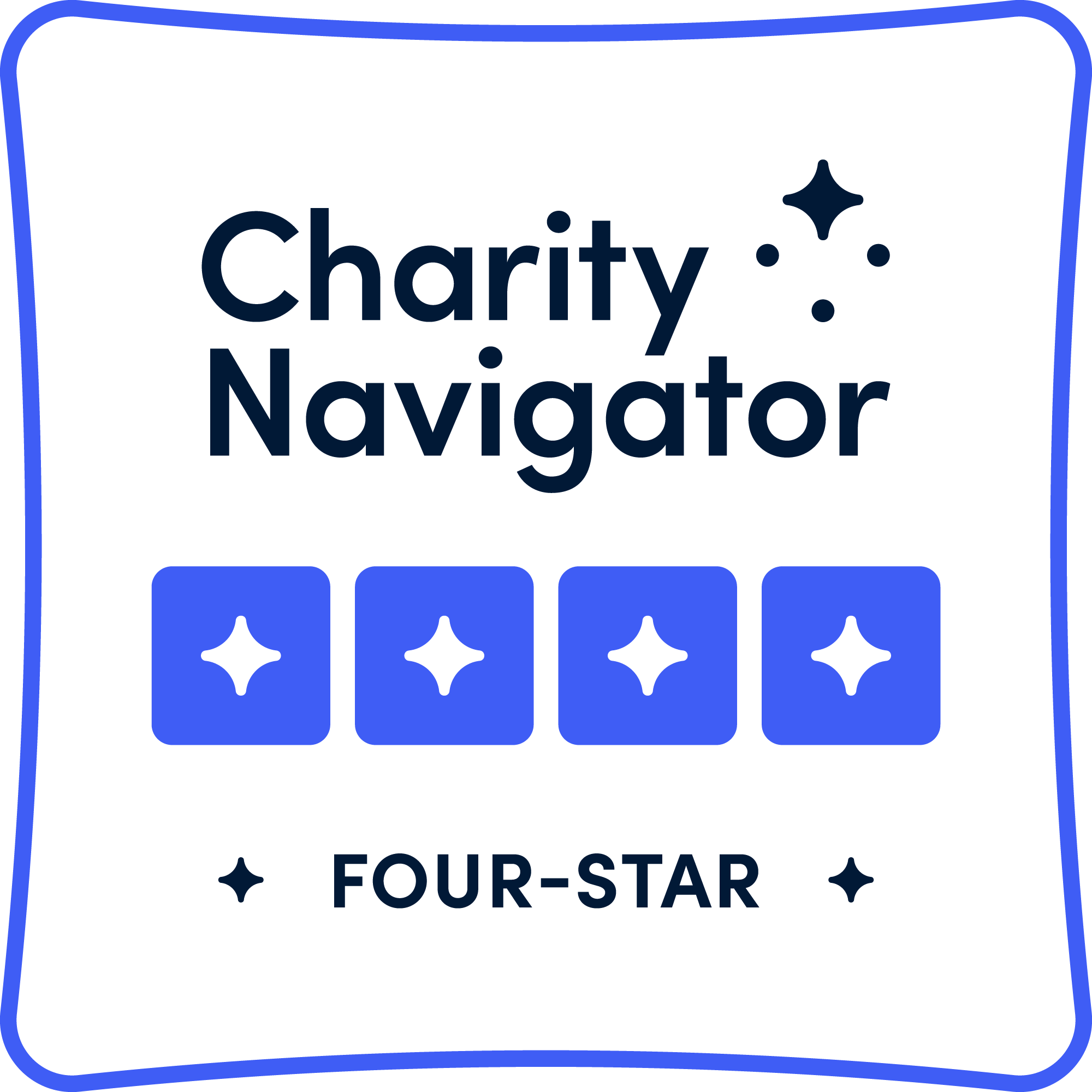From the Page to the Stage
By Jennifer Williams
From the Page to the Stage
Education Through Music’s newest Instructional Supervisor Grace Lazos talks composing music for kids.
From the compositions of Bach and Beethoven, to the music of songwriters like Billie Eilish and Lady Gaga, music composers over the centuries have created musical masterpieces distinct to the audiences they are trying to reach.
But, how is the music we love so much created? And how can we create great songs that are unique and appropriate for students?
ETM’s newest Instructional Supervisor, Grace Lazos, has first-hand experience composing for kids, and was happy to walk us through her process.
Grace’s composing experience started when she was a student studying Vocal Performance at Carnegie Mellon University, but the first time she actually put pen-to-paper with young people in mind was at Maine Teen Camp, where she served as Head of the Theatre Department. It was here that Grace first began to create and produce an original musical for her campers:
“I decided to write a show that was tailored to the age group, that could be adapted to the amount of kids that signed up” Grace tells us, acknowledging that you have to be sensitive to the student’s schedule changes.
“I also wanted it to center around experiences that kids were having; growing up, preparing for college, navigating friendships, and finding community.”
So how does one create an original song appropriate for students?
Step one: Listen to the unique voices of your students. Grace began by asking her students a lot of questions: How does music make us feel? What does it make us think?
According to Grace, “Facilitating those discussions with students is exhilarating, because you see them start to think deeper and form their own opinions, and realize their interpretations are different from others.” Each students’ voice represents a different story through the pieces she was creating.
Step two: Understand how young voices develop and mature. “When writing for students, it’s important to make sure it is developmentally appropriate and not too mature for their voices. I try to write music that is a little [simpler], still aurally interesting, and accessible. I wanted to write music that was still fun to sing, but not harmful to a developing voice.”
Step three: Engage your audience. “[It helps to have] knowledge of what songs/pieces are engaging to children in the genre you are composing. For instance, if you want to write a musical for kids, you should know what musicals kids like.”
After getting to know her campers, being respectful of their ages and making sure to understand their interests, Grace was able to compose a musical that catered to her students, providing them with a once in a lifetime experience.
“Students need an outlet for creative expression. Arts education develops important thought-processing skills and allows students another way to experience success and thrive. ”
To listen to the final product click here!




